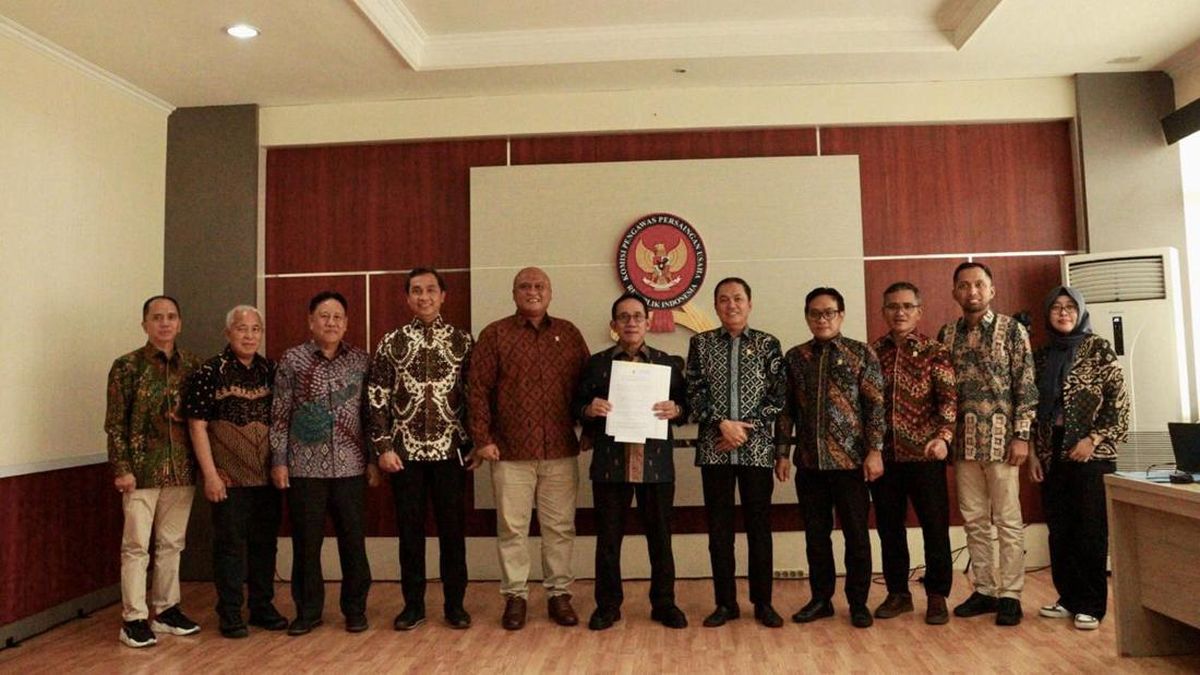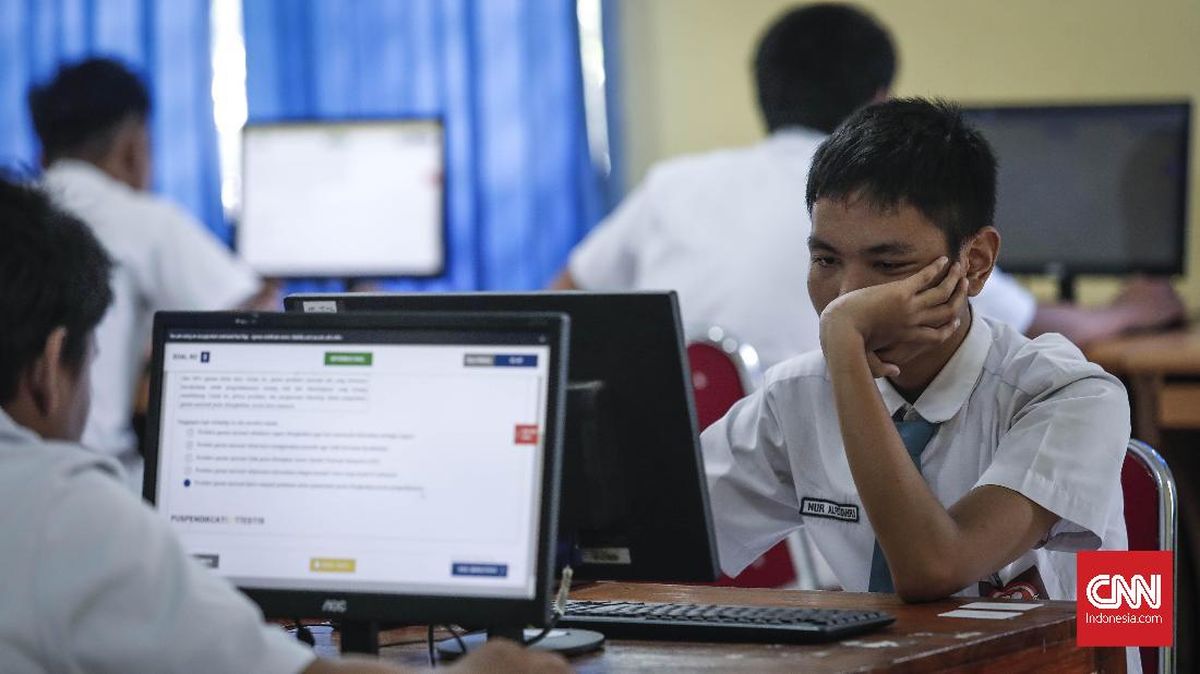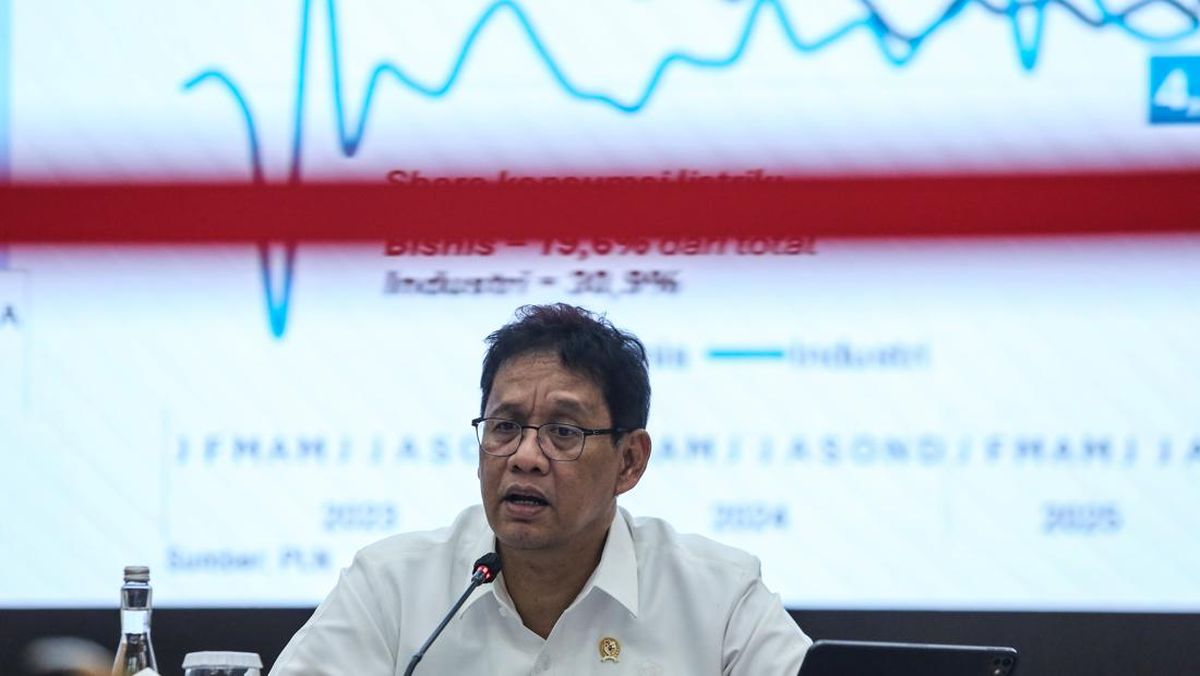The majority of applicants are from the United Kingdom, and the highest rate of refusal is for applicants from England and the United States.
A Californian woman who worked as a high school teacher in the US state for five years and obtained a certificate in education from Fortune School of Education was rejected because the school was not recognised by the US federal government as an approved education provider.
Other applicants were unable to provide evidence of English language competency.
The institute wants a new pre-assessment service where applicants can pay a $285 fee before they travel to Australia if they meet the standard. Country-specific guides to the application process have also been proposed.
The push to recognise more foreign teachers comes as the state government changed its recruitment policy to prevent teachers from Western Australia with one-year teaching qualifications from working in any government school classroom.
The Age revealed in July that dozens of teachers were exploiting a loophole to work in Victorian classrooms without meeting the state’s minimum qualifications, following a WA decision to lower its standards with the introduction of a one-year diploma of education.
While the Victorian Institute of Teaching is bound to grant registration to WA teachers even if they don’t meet Victoria’s minimum standard, the recruitment policy change would give it the authority to prevent them being employed in any government school.
The institute also wants to be able to recognise teaching experience as well as degrees, citing the case of an Irish teacher who was rejected because his degree was three years, not the required four. New Zealand teachers who migrate to Australia are currently exempt from the four-year rule.
According to the documents, the body will also simplify the process that allows schools to hire workers who lack formal teaching qualifications but are needed to teach certain subjects.
The second report focuses on a “permission to teach” exemption, granted to schools unable to find a suitably qualified or registered teacher for a specific job.
The report says the policy is “no longer fit for purpose”, needs to be streamlined and clarified.
In 13 Victorian schools, including seven government schools and five Islamic schools, more than 10 per cent of teachers have been granted the “permission to teach” exemption.
Bilingual and religious schools often seek the exemption for specialised teachers, and the institute is considering scrapping a requirement for religious instructors to progress towards teacher registration.
“Further consultation would be required to establish what appropriate subject matter expertise looks like in different faiths,” the report details.
There are 27 staff with teacher registration exemptions at seven bilingual schools in the state, and many of the schools argued for recognition of foreign language degrees and a separate registration category.
But the institute argues this isn’t the best way to deal with a situation for a small cohort of teachers.
Loading
Institute chief executive Martin Fletcher says the recommendations came after extensive consultation with teachers, schools and other stakeholders across the education system.
“The proposed changes will reduce regulatory burden, improve transparency, and support a diverse and capable teaching workforce,” he says.
In its 45-page report into overseas qualifications, the VIT says it wants the state to be seen as attractive for overseas qualified teachers, without lowering professional standards.
“The Institute is supportive of an approach that is nationally consistent and does not unintentionally lead to overseas qualified teachers ‘jurisdiction shopping’ to gain teacher registration in Australia,” the report reads.
It added Victoria has a highly trained and qualified teaching workforce, already facing “significant strain”, and that allowing underqualified teachers into classrooms adds an extra burden to existing educators.
Get the day’s breaking news, entertainment ideas and a long read to enjoy. Sign up to receive our Evening Edition newsletter.


















































